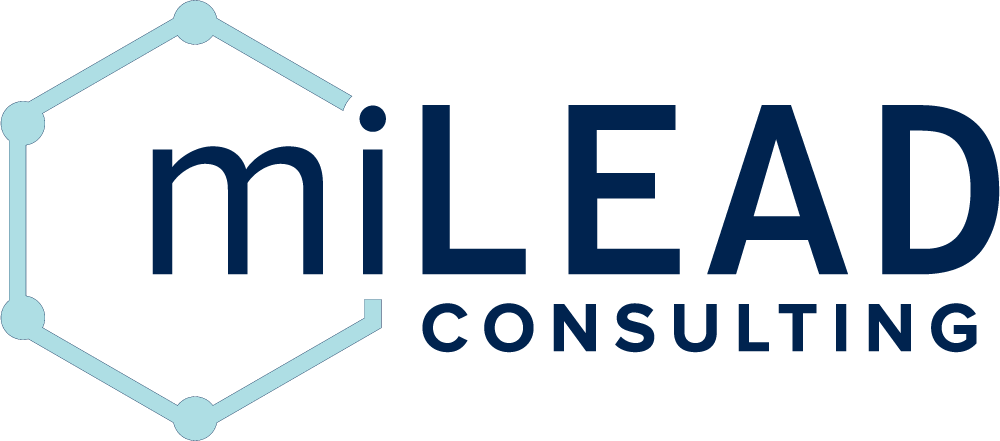Alumni Spotlight - August 2022
Jamie Do, Ph.D.
Senior Associate in Business Development at Pharmaron
How long were you a member of miLEAD? What positions did you hold?
I was a member of miLEAD for approximately 2 years. During this time, I was a consultant and then proceeded to become a project manager.
What was the most interesting project you were involved with while part of miLEAD?
My favorite project was when I was a consultant supporting a project for a client with RNA isolation kit. During that project, I overlapped with students from Ross School of Business, and I learned so much from them about how to approach the consulting projects in bite-sized portions to work towards delivering our final recommendations at the end of the project. The project manager and project advisor were also very insightful in shaping my understanding for business concepts, such as competitive landscape analyses, which eventually became one of my favorite analyses to do for miLEAD projects.
How did miLEAD help you obtain your current position?
I think my experiences in miLEAD were valuable stories I shared during my interviews for various technical communication roles (MSL, scientific writers, consultant roles, and business development roles). During my interviews, I emphasized that I strengthened my organizational skills, gained exposure to interacting with C-level executives, and improved my communication skills to a wider range of audiences. The balance of executing a consulting project, research lab experiments, and graduate classwork was extremely challenging at times, but it taught me how to improve my time management skills. Presenting business strategies to C-level executives from local biotechs during client-facing meetings taught me how to vary my communication styles based on the target audience. One of the best things I learned from my experiences with miLEAD was how to switch between explaining technical details to a scientific audience and communicating succinct, "big picture" insights to a business-oriented one.
What is your day-to-day life like in your current position?
As a business development associate, I am a liaison to the clients we support and our scientific teams. My overarching goal is to build/deepen our relationships with our clients, support their R&D projects, and to be an efficient team member to our scientific teams by bringing in projects to our team. I do this by tending to emails from clients and our scientific staff to help ensure project expectations and timelines are maintained. I meet with our clients virtually or in person to discuss their project needs. The most exciting part comes at the end of the financial quarters, where we receive revenue data from the studies we performed for our clients. I analyze the revenue data from the clients I support to understand how to strategize growth in our collaboration with them. I find this experience most rewarding because I have the opportunity to take a step back from the daily tasks and understand the collaborations from a big-picture point of view.
What did you learn through miLEAD that you apply to your current position?
During my time in miLEAD, two key skills I strengthened were organizational/time management skills and communications skills. I apply these skill sets to be successful and efficient at Pharmaron.
What advice would you give to current or prospective miLEAD consultants?
I would recommend to start career explorations as early as possible. In addition to miLEAD, I learned about Wolverine Venture Fund and the summer consulting internships at consulting firms from my colleagues, and they found those experiences highly enriching. I personally found reaching out to the UoM alumni network to identify local people with roles that I was interested in to be very helpful. Those informational interviews with current consultants, MSLs, technical writers, and field application scientists were very helpful to me. They enabled me to learn more about the roles I was interested in, the field in general, and often times, those people volunteered to review my resume. Another thing I would recommend is to expose yourself to consulting case studies as early as possible if you're interested in being a consultant. The UoM consulting club has extensive case study books, and I studied those case studies while being in miLEAD. Practicing the case studies gave me exposure to the language and approach for solving business problems, which were valuable when working real consulting projects for clients. In addition, Victor Cheng's daily newsletters for consulting were helpful and inspirational because he shared stories of aspiring consultants and their methods for success. One of the most insightful learnings I gleaned from Victor Cheng was about how to be a better communicator. In one newsletter, he said that disorganization in your verbal communication reflects non-linear and disorganized thinking, and learning that taught me how to continue to improve my communication.



